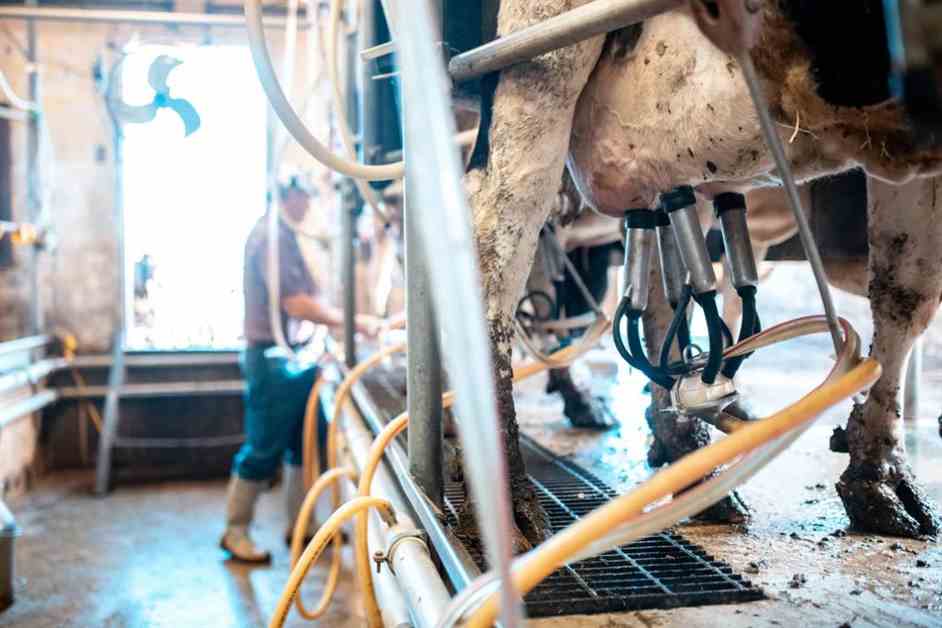Farmworkers at High Risk for Bird Flu Exposure, Testing Efforts Insufficient
Scientists are concerned about the potential for the bird flu virus to mutate and spread among humans, similar to the seasonal flu, leading to a possible pandemic. Farmworkers, especially those in dairy farms, are at a high risk of exposure to the virus, but many of them lack access to testing and resources if they were to fall ill.
As of May 30, only three cases of bird flu exposure have been confirmed in the United States, with affected dairy farm workers experiencing symptoms such as eye irritation, cough, and sore throat. However, experts warn that the actual number of infections may be higher than reported due to limited testing among farmworkers.
Federal authorities have recently announced a program offering incentives for farm owners to allow testing of their dairy herds, including compensating workers $75 each for participating in testing. While the Centers for Disease Control and Prevention (CDC) believe the current risk to public health is low, advocates are skeptical of the effectiveness of these measures, citing concerns about access to healthcare and financial stability for affected workers.
Health officials in states with large dairy industries have been urged to share personal protective equipment with farm owners to help prevent the spread of the virus among workers. However, challenges remain in providing practical protective measures, such as face shields, that are suitable for the working conditions of dairy farms.
Experts emphasize the need for education and communication efforts targeted towards farmworkers, particularly those from immigrant communities, to ensure their safety and well-being during the ongoing threat of the bird flu virus. The importance of trust, language accessibility, and cultural sensitivity in public health outreach is crucial in addressing the unique challenges faced by agricultural workers in preventing the spread of infectious diseases.
Overall, the inadequate testing and limited resources available to farmworkers highlight the urgent need for comprehensive and inclusive strategies to protect vulnerable populations from the potential risks associated with the bird flu virus.
To learn more about how we use your information, please read our privacy policy.





















